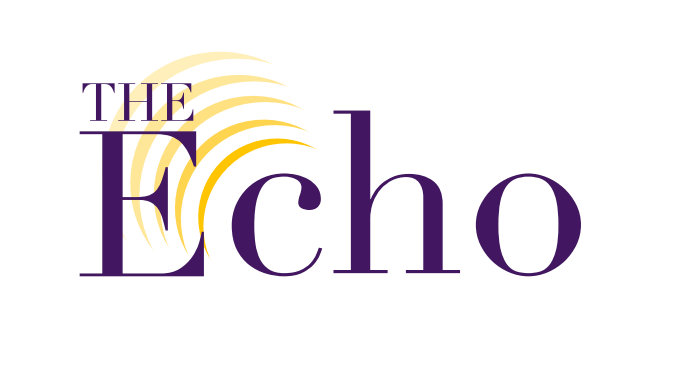Journaling can provide students with mental health benefits
March 22, 2022
Journaling can be a very important tool for improving anyone’s mental health. Not just the mental health of students or those dealing with specific issues, but in general for anyone that may be struggling. Journaling can also be used as an outlet to express internal issues for people who are not comfortable with expressing their feelings to others.
California Lutheran University junior Alex Warrender, said that journaling is a healthy way to process your emotions.
“I think it’s a very healthy way of expressing your emotions and how to work through and think about them,” Warrender said in a Zoom interview.
Warrender also said that journaling can be used as a way to work through your own thinking.
“I think journaling can serve as a purpose of logging everyday events and how you work through them, either by yourself or if you choose to share your journal, it’s a kind of way to work through how you’re thinking,” Warrender said.
Journaling isn’t just used for working through everyday emotions though, it can also be used to process behavioral patterns. It can help you work through traumatic experiences and see what you think when there are no distractions. Through journaling, you can learn what you may need to work and change about your own behavior or how you process certain things.
“Journaling is most useful for emotions, but it can also help change the way you are thinking or even some behaviors that you may have noticed. Like you are angry a lot or are angry at a particular person or behave in an angry way, if you were to journal on it and reflect on that then perhaps by you journaling about it, you could maybe change that behavior or reflect on why it’s occurring,” Warrender said.
Warrender is not the only person who believes this, an article published by the University of Rochester Medical Center also said that journaling is one aspect of a healthy lifestyle.
According to the article, journaling helps to manage your anxiety, reduce any stress, and cope with depression. Journaling also helps you prioritize problems, fears, and concerns, track any symptoms so you can recognize personal triggers. It can help you to learn ways to control these triggers and provide a chance for positive self-talk.
Journaling has had positive impacts on many of the people who decide to do it. Helping them to work through both emotions and their behaviors. I myself have taken up journaling recently to work through my own problems, and while it may have started out difficult journaling is helping. It allows me to acknowledge all that I have been through and heal from it, by expressing myself on the pages.
Finding my way to journaling hasn’t been easy though. Originally, I was nervous that I wasn’t doing it right. That there was a good and most effective way to journal, but that isn’t the case.
According to Warrender, there is no set way to journal.
“Journaling doesn’t have to be any set one way. There’s no right way to journal, everyone sets their own parameters for that. The best kind of journaling comes from a stream of consciousness and just being present and in tune with how you really feel,” Warrender said.
When there are no parameters to fill, journaling is a moment where the writer can unwind and destress. An opportunity to truly take in how they feel about any given day, emotion, or event. A moment in time where the writer can see how they are truly doing and feeling is when there are no distractions.
“I think everybody would benefit, even just from a little bit of journaling. It doesn’t have to be very much, you could write just a sentence or two about how your day was…having that open discussion with yourself on how you’re feeling in that moment and being present for how you’re doing is really important,” Warrender said.




















